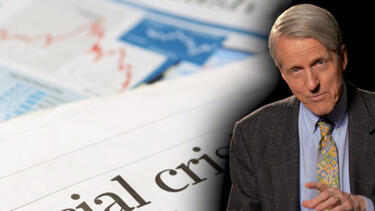Economics
When Skilled Workers Go Abroad, Their Home Countries Experience ‘Brain Gain’
When skilled workers from poorer countries migrate to wealthy ones, there are benefits for the origin countries as well as workers and the host countries, according to new research co-authored by Yale SOM’s Mushfiq Mobarak. But anti-immigrant sentiment and policy could disrupt this mutually beneficial dynamic.
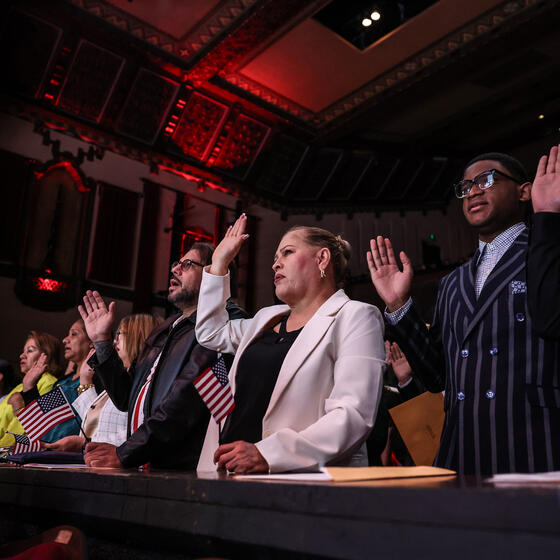
Can Religious Teachings Help Lift People Out of Poverty?
A study in the Philippines, co-authored by Yale SOM’s James Choi, suggests that learning Protestant Christian values and theology can boost poor families’ income.

Choosing the Wrong Health Insurance Could Kill You
Yale SOM’s Jason Abaluck and his co-authors calculated that the Medicare Advantage plans appreciably influence the survival rates of their enrollees. Shutting down the plans with the highest mortality rates could save thousands of lives per year.

Facebook’s Dominance Is Built on Anti-Competitive Behavior
In a new paper, Yale SOM’s Fiona Scott Morton writes that the company took control of the social media industry by misleading consumers and buying up rivals.
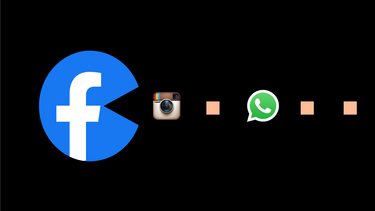
U.S. Jobs Numbers Show an Uptick from a Grim Baseline
We asked labor economist Barbara Biasi what can be understood from the latest Employment Situation Summary—including whether the numbers are accurately reflecting the effects of a fast-moving crisis.

The Antitrust Case against Google
State and federal authorities are reportedly preparing to bring antitrust charges against Google. We talked to Yale SOM’s Fiona Scott Morton about the company's dominant role in online advertising and how it limits competition.
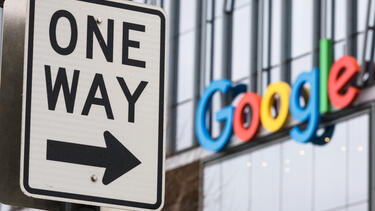
Don’t Use COVID-19 as an Excuse to Turn Away Skilled Immigrants
The Trump administration is reportedly planning to limit immigration for skilled workers in order to boost employment for domestic workers. Yale SOM’s Jeffrey Sonnenfeld writes that such a move would stifle innovation and even endanger Americans’ health.
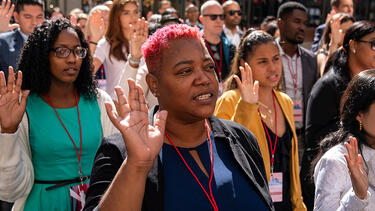
Will COVID-19 Force Us to Rethink Our Healthcare System?
Since health insurance is tied to employment in the United States, Americans are losing their insurance just as they need it most. We asked economist Fiona Scott Morton, an expert on the healthcare industry, what a better system would look like.
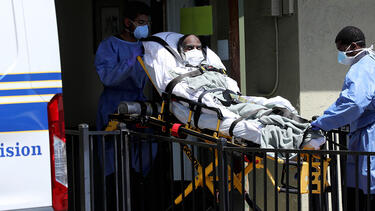
Contrary to Conventional Wisdom, Margins Don’t Rise as a Company Grows
Nearly every business plan contains the assumption that as the company grows, its average costs will fall and profit margins will rise. But that isn’t borne out by the numbers.

Faculty Viewpoints: The Economic Policy Response
In an online conversation, Yale faculty members discussed the steps already taken to prevent the COVID-19 crisis from turning into economic catastrophe, and the need for more effective healthcare policies.
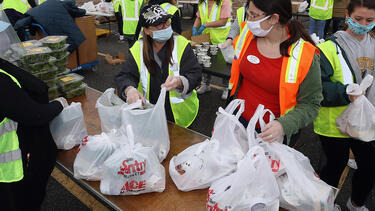
Narrative Economics: How Stories Go Viral
Nobel Prize-winning Yale economist Robert Shiller examines how the stories we tell about our lives and our society can spread from person to person, changing shared perceptions of events and shaping economic behavior.
